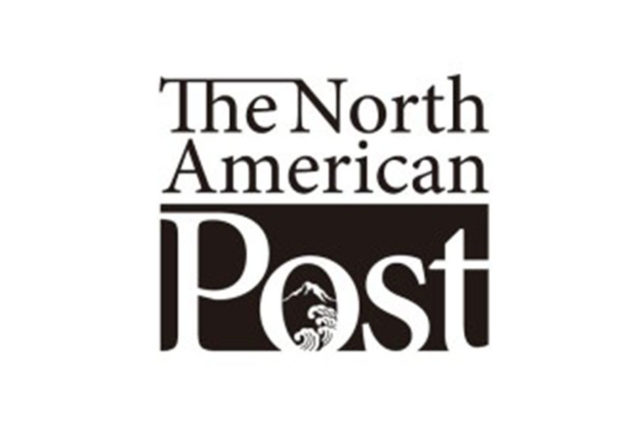By David Yamaguchi
The North American Post
A common archetype in Japanese movies is an opening scene sketching a messy situation transitioning to climactic scenes where most issues are resolved (the lovers finally get together, etc.), only to have it all fall apart at the end (one of the lovers dies). This is the concept of mono no aware, which I have mentioned previously. Life is fleeting. Perfection is ephemeral.
After four months on staff, it seems to me that The North American Post is destined to follow the familiar trajectory. The only unknowns are the details—when?
The signs are everywhere to those looking for them.
Print media. Assunta Ng’s frank “We’re Still Here” editorial earlier this year described the tight finances and rapid staff turnovers at the Northwest Asian Weekly, despite it being one of the best English- language papers coming out of the International District. The same limitations apply to this paper.
There is the advertising postcard that dropped out of a Sunday Seattle Times that I recently purchased at a supermarket. Subscriptions for 26 weeks of the paper were available for a mere $2 a week. They have to almost give it away.
Nikkei media. The Rafu Shimpo, the 113-year-old Los Angeles Japanese-English community paper, will close its doors at the end of the year unless they can pull in 10,000 new subscribers by then (less than one percent of the national Nikkei population of over one million).
Teresa Watanabe (formerly of Seattle’s Franklin High!) outlined the Rafu Shimpo’s main problem in the Los Angeles Times. There is little interest left in a bilingual community paper anymore, as most Nikkei in the United States now speak and read English as a first language. We lack the repeated waves of immigration—that the Chinese have had, for example—to sustain a bilingual paper.
A local problem is the lack of awareness of this Seattle paper among my median-aged Sansei peers (which I would guess is 60). In an informal tally of thirty such individuals, I can only recall eight mentioning this paper across the past five years.
“Isn’t that paper for Japanese people?” one of them—an otherwise educated and informed person—asked me recently.
Underlying the lack of awareness is an associated cultural disconnect. It is the same weakening of ties to Things Japanese that explains my age group’s sparse attendance at community cultural events. Today, people in their late 60s and 70s fill such events. By contrast, my peers live the Americanized lives that our parents wanted for us.
What does the future look like? My guess is that on a not-so-distant day, the Nikkei English-language press will boil down to national websites such as Discover Nikkei, the online media run by the Japanese American National Museum. Articles from there are frequently reprinted here—and occasionally, vice versa—owing to a reciprocal publication agreement.
What this paper offers us in the meantime. The “sweet spot” that this paper offers like no other are the locally written Nikkei stories that cannot be found anywhere else. Only here, for example, can we read about a “Skyliners Dance” in circa 1955 and have an “Aha!” moment on recognizing the charming, first-name-only “Janet” in the puffy dress.
After a decade of writing intermittently for the Post, my impression is that its issues being printed now are among the best that have ever been produced. One reason for this is that most contributors to the English pages are now Sansei and Yonsei. This phenomenon reflects the three generations it takes for an immigrant group to begin to achieve mastery of written English. “Issei” of all nationalities are forever “strangers in strange land.” The Nisei’s English is hampered by his bilingualism, and by his need to scrape out a living in a small family shop. Only Sansei and later generations benefit from widespread college educations.
What we can all do as individuals. The main thing is that we need to value these pages while we have them. In this endeavor, I ask you to join me. Take out a subscription. Purchase an ad.
Volunteer. Here, we could use a back-up native-English proofreader for a few hours on Wednesday evenings. (Retired teachers especially fit the bill.)
Write that family story you have been postponing setting down. Then send it in for possible publication. With each passing month, such stories are being lost. However, if they are printed here, they will live forever, owing to the archival of all issues on microfilm at the University of Washington.
A generation from now, let it be clear to the Gosei now being born that we did what we could, in the waning days of The North American Post, to fill these pages with meaningful content. Let them know that we wrote with our hearts until the very last.







